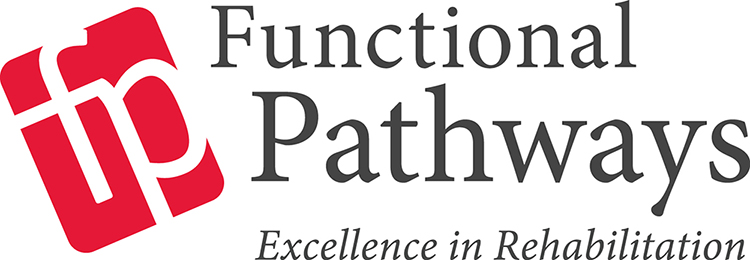In healthcare, we strive to provide quality services to patient populations that improve individual, desired health outcomes. This is driven more and more often by a “patient centered care” model of service delivery. A model that respects the patient’s right to choose for themselves how and by whom health care will be delivered. Choices often encompass the individual’s personal lifestyle and view of quality of life, and can be based on cultural mores as well as a lifetime of developed habits. For each of us, this can mean that we make choices that vary greatly. Take into account the diabetic that relishes a rich meal in the evening, but would be willing to observe diabetic guidelines for breakfast and lunch. Consider the patient with swallowing difficulty who, in spite of knowing the risks, chooses a “regular” textured diet.
Knowing what we do, through our education, whether that be in nursing, therapy, dietary, etc., we must take pause to understand what “choice” really means and how it affects “quality of life” for an individual under our care. Ultimately, we are teachers and educators in health care as well as caregivers. Educating our patients so that they can make the best informed choices for their health care needs, should always be our number one priority.
Care should be based on validated clinical evidence and the most widely accepted method of delivery. Service delivery must be safe, effective (outcomes driven), efficient, timely and patient centered to instill the trust of the healthcare consumer. In short, quality health care must be linked with successful outcomes to support validity.
Cherie Rowell
Quality Liaison
Functional Pathways


Comments (0)